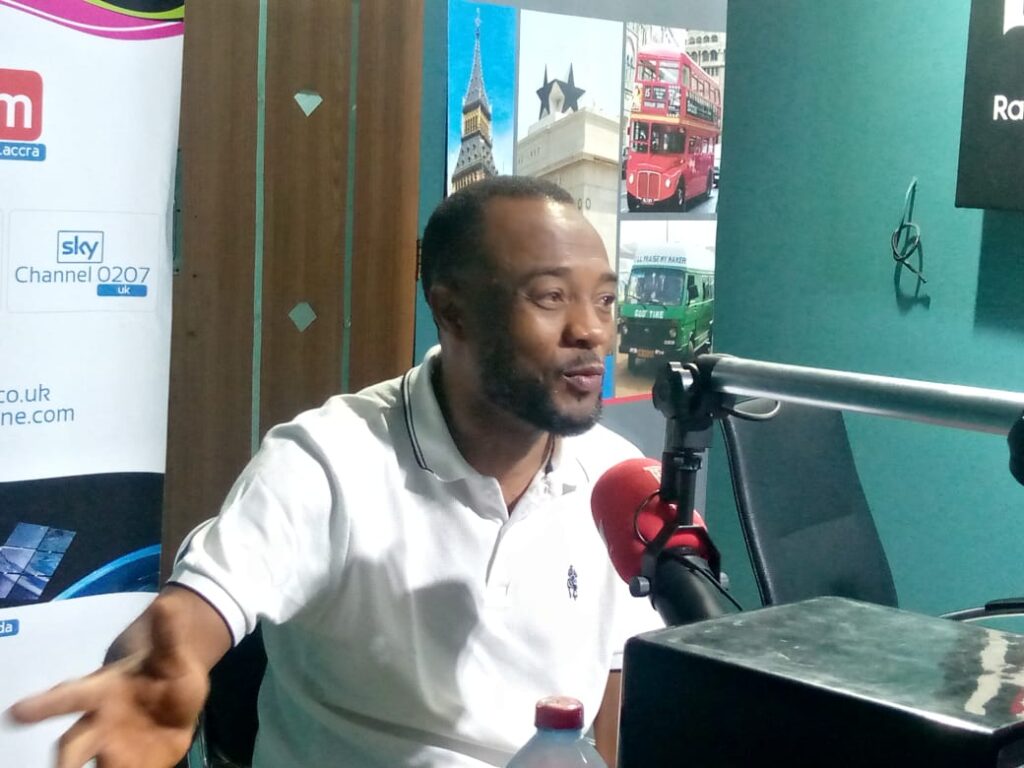Second Deputy Minority Chief Whip Jerry Ahmed Shaib has voiced deep concern over the prevailing public mindset regarding the repayment of loans from state institutions, an issue he insists must be urgently addressed to ensure the sustainability of government initiatives.
The former Chief Executive Officer of the Coastal Development Authority (CODA) cited the CODA Drive Initiative as a prime example.
This scheme provided affordable Bajaj Qute vehicles under a hire-purchase arrangement, yet many beneficiaries reportedly refused to honor their repayment obligations.
”We observed that any initiative structured on a hire-purchase agreement by the government is often undermined by the beneficiaries, creating significant problems with repayment,” Mr. Shaib stated during an appearance on Frontline on Rainbow Radio 87.5FM.
Mr. Shaib lamented the beneficiaries’ evasive actions.
He revealed that some individuals removed the vehicle trackers and blocked communication with authorities when weekly or monthly payments were due, offering various excuses.
He detailed the extensive efforts required to enforce compliance: “We started with weekly and monthly deposits, and aside from that, we put trackers in the cars… But it will surprise you to know that they removed these trackers.”
He stressed that CODA had to resort to legal means and other approaches to compel payments in accordance with the contracts.
The vehicles were provided as part of a poverty alleviation project, with beneficiaries required to pay GH₵800 a month. Mr. Shaib highlighted the government’s commitment, noting that “government did not add a pesewa on the vehicles and handed them over.”
Despite this, “they refused to pay, removed the trackers, blocked our lines, and it took us lots of efforts before we could retrieve the money from them.”
A Threat to State-Owned Entities
The Deputy Chief Whip warned that this attitude poses a major threat to the ability of state-owned entities to continue offering loans and assistance to individuals.
He noted that the challenge is not isolated to CODA, stating that the situation is similar with institutions like the Microfinance and Small Loans Centre (MASLOC), where recipients take loans but fail to repay.
Mr. Shaib added that the Minority Leader, Alexander Afenyo-Markin, has consistently raised this difficulty.
He cited a similar “work and pay” system the Efuttu MP implemented in his constituency, providing motorbikes and vehicles, which also suffered from beneficiaries’ refusal to adhere to the payment schedule.
Mr. Shaib made a fervent appeal for a change in public perspective, contrasting the public’s frequent accusation of corruption against politicians with their own reluctance to repay state loans.
He recounted a personal incident where he offered to pay the interest on loans for some constituents, yet they still refused to repay the principal amount.
”We should change our mentality and mindset. It is terrible because it will deprive more people from getting such opportunities,” he stressed. “If we get the opportunity to receive vehicles, or cars to do ‘work and pay,’ we have to ensure that we pay back so that others will also benefit. We should not take these things and refuse to pay back and think that it is state money so we have to take it without paying back.”
While CODA did not achieve a 100 percent recovery rate, Mr. Shaib confirmed that they successfully managed to retrieve a significant amount of resources from the beneficiaries.
By: Rainbowradioonline.com/Ghana
